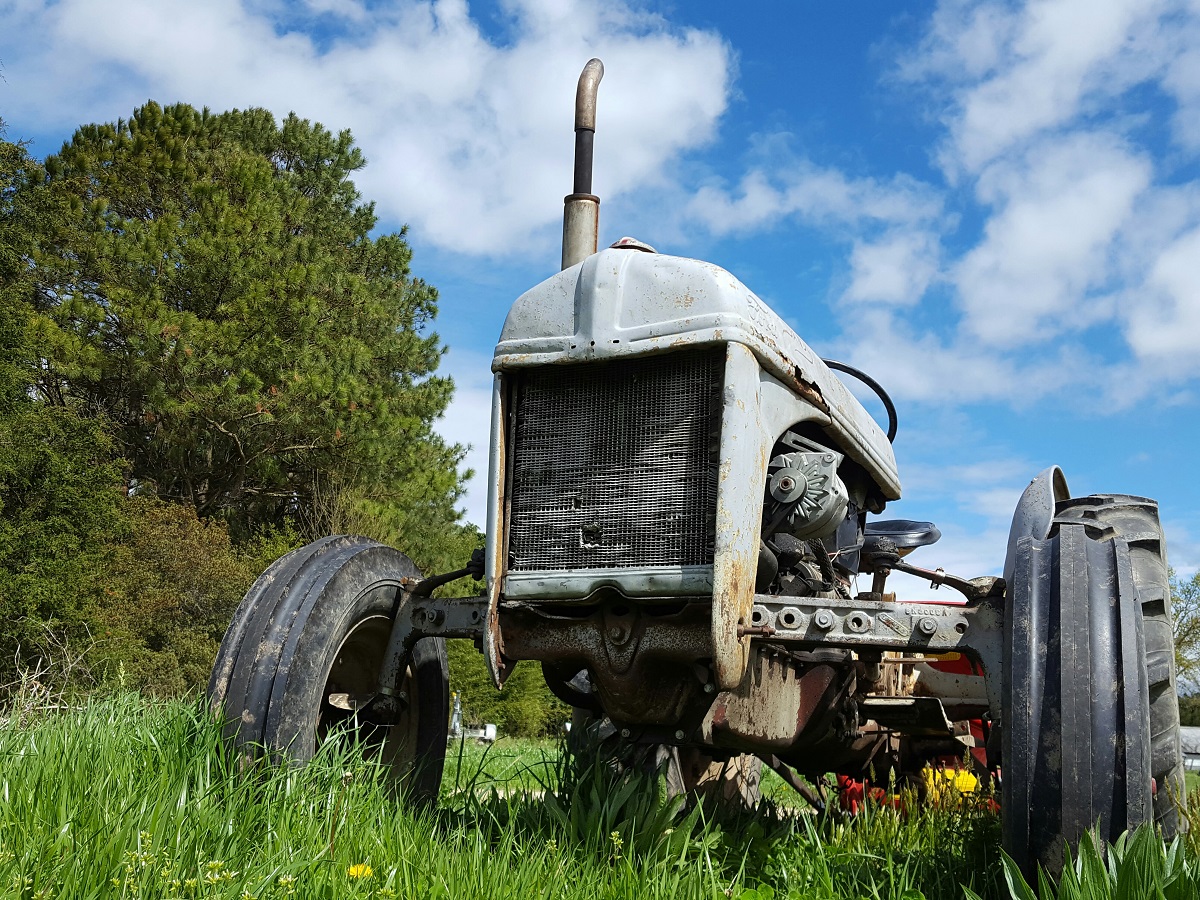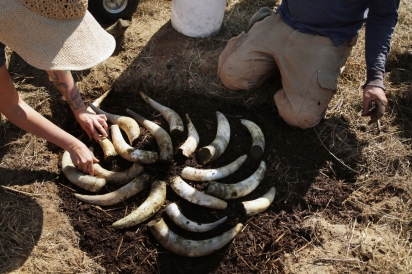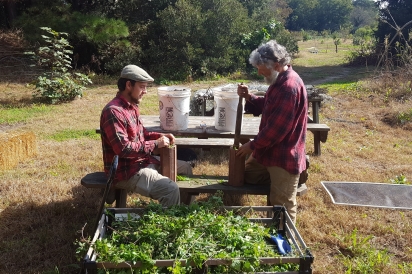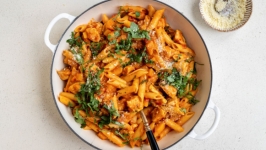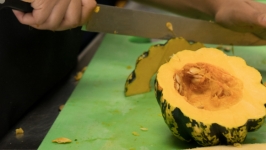Delmarva: The Land of Easy Living
Delmarva farmers connect and collaborate for a brighter future.
When I moved to the Delmarva Peninsula, it was a leap of faith. We didn’t have friends or jobs here and that wasn’t why we moved here either. I wanted to grow my own food and become independent. It hasn’t exactly been easy, but we’re part of an emerging community of farmers, slow food advocates, and conscientious consumers whose priorities all converge towards a single unifying trajectory: the health and wealth of Delmarva. I knew that a robust “local food” movement here hadn’t emerged yet. And I can admit it can sometimes feel a bit tempting to want to farm in an established local food community. But when it comes down to it, I don’t really want to stand on someone else’s shoulders. I want to create that community.
The best food is fresh food. And you can’t get fresher than something grown in your own backyard or from a farmer friend. Here’s an inescapable fact: when we order in “organic” produce that’s picked in California, packaged, shipped, and displayed on the grocery shelf, it’s already a week old. Then maybe I buy it, take it home, and it sits in my refrigerator for another few days. It’s no wonder so many of us don’t feel great: we’re eating jet-lagged food!
The difficulty surrounding getting fresh food is that the average age of the American farmer is now over 65 years and they aren’t being replaced fast enough. It’s no wonder agriculture has gotten bigger and bigger: every year there are fewer farmers who are expected to feed ever more people. If we’re going to make that happen, we’re going to need to invent new ways of working together.
People have referred to the Delmarva peninsula as the “land of easy living” because of its fertile soils, long growing season, and almost complete absence of rocks in the ground. Despite these riches, farming here has always been hard work. It really should be a protected profession and one that we support enough to make it attractive to the next generation. Who in the world wants to be a farmer these days? It’s a big problem. How do we make farming more attractive to the new generation? Simple measures include buying from local farmers, to be sure. But broader efforts facilitating new farms with appropriate (and affordable) technology, training, and co-operative marketing are all indispensable. That’s where the newly founded Delmarva Farmers Union is emerging to cultivate the kind of grassroots collaboration that you want and we all need.
So this is where we are today: a single rich bioregion divided artificially into three states. I live on the Virginia end of the peninsula, in one of the most economically depressed counties in the commonwealth. Despite this, these two counties on the eastern shore produce more than half of Virginia’s agricultural output–Virginia’s #1 private industry. The disparity is obvious. These are some of the hardest working people in the nation: each cares about their families, their land and feeding their communities. Despite their sometimes gruff exterior, there is a benevolent core to the everyday farmer: a truly American “live and let live” attitude. That thick farmer skin develops over years of being exposed to hardships that most business owners can’t even imagine.
In the early 1900s, Accomack and Northampton counties were suddenly two of the wealthiest counties per capita in the entire USA. With the arrival of the railroad, the local co-op aggregated our produce and marketed top quality root vegetables at a premium. What’s remarkable is that this remote region had maintained a sustainable mode of agriculture all by itself, out of pure necessity. Being able to grow all your own fertility is just good economic sense when you think about it. Good ecology is always, in the end, good economics. The economic boom wasn’t because of expensive new fertilizers or pesticides, but because of cooperation and transportation. We can do it again.
Good farmers are inherently conservative. There’s not a lot of wiggle room for failure so when we try something new, it’s usually a little at a time. And we’re much more likely to try something new if someone else does it first and shows us that it actually works. The Delmarva Farmers Union includes board members from Maryland, Delaware, and Virginia: representing the entire peninsula. When we grow our own fertility, that means real economic autonomy. We don’t need outside forces to make this happen. We just need to connect and hear out our fellow farmers.
I encourage anyone and everyone interested in seeing more farms and farmers here, and those who want better fresher food, to reach out to the Delmarva Farmers Union to see how we can influence a new food system together. We will be hosting a number of decentralized peer-to-peer Farmer’s Circles across Delmarva in the weeks and months ahead to discuss new ways of working together. How that happens is all up to you!


